
If one thing can be said of the Hollywood studio system, it’s that you had a lot of chances to make a good movie. John Ford made well over 50 movies before he made Stagecoach, a game changing masterpiece, usually making two or three movies a year. It also doesn’t hurt that filmmakers like Ford, Wilder, and Hitchcock started playing with the form when it was brand new.
Sharpening their craft with silent films, in Hitchcock’s case, he made two films before he made what he considers the first “Hitchcock film.” Twenty films in, he finally started to get proper recognition, and over thirty before he made his absolute masterpieces. Does any working director today have that chance?
While an introduction to Hitchcock’s filmography must start with his later work, Vertigo, Rear Window, Psycho and the like, his earlier work is often looked over by casual audiences and those who might be too intimidated by his vast catalogue. Think of this as an introduction to the very best of his early work.
10. The Lodger: A Story of the London Fog (1927)
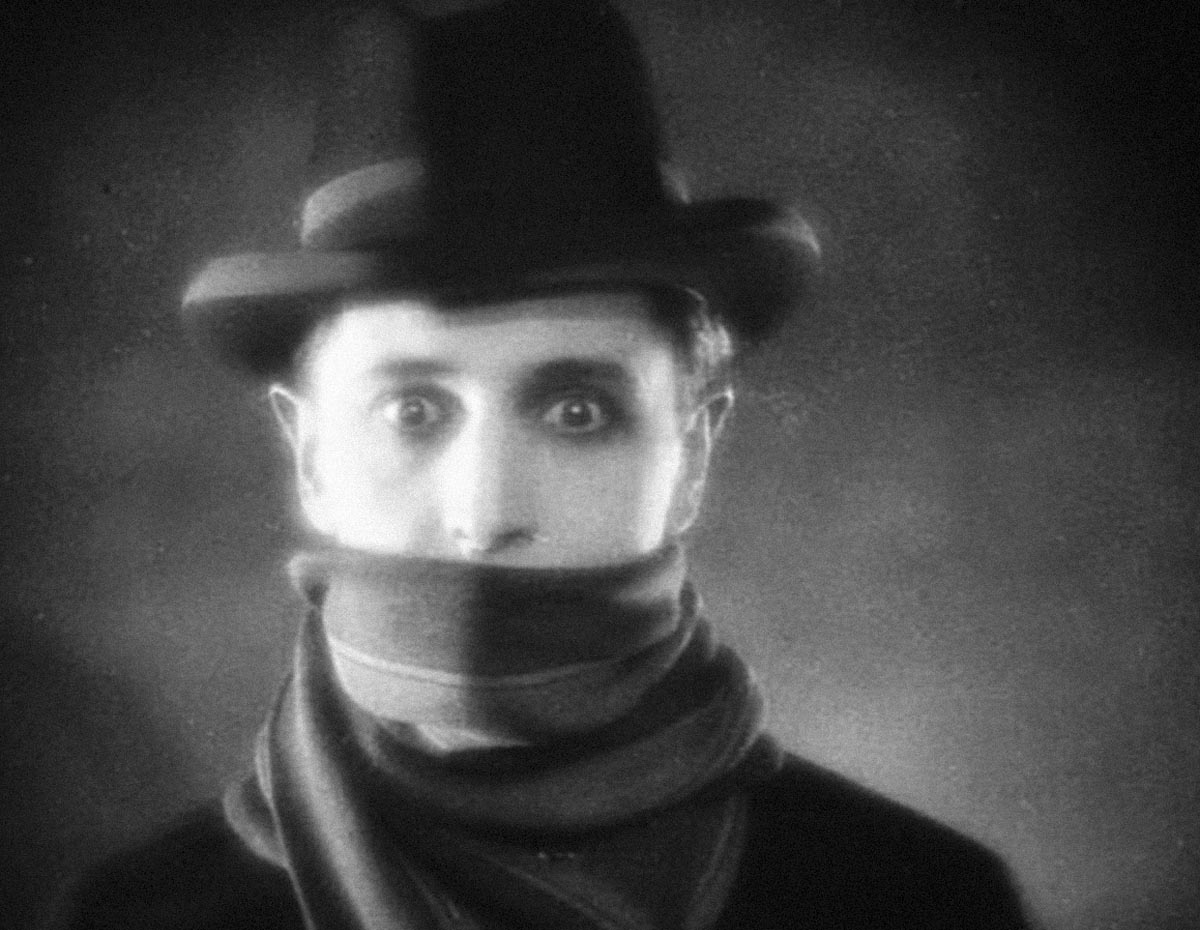
Hitchcock’s best silent film and what he considers, according to his interview with Francois Truffaut, the very first Hitchcock film. The closest thing we get to a Hitchcock film about Jack the Ripper, The Lodger is the story of a mysterious stranger who arrives at an inn at the same time that a mass murderer is terrorizing the London streets.
This was the beginning of it all, a man on the run, repressed sexual themes, and a mystery that leaves the audience sweating. Hitch also stretches his creative wings, applying new techniques including a ceiling made of glass to allow the audience to see things the film’s characters cannot. It may not be accessable for the mainstream audience, but for die-hard Hitch afficianados, it’s a must see.
9. Foreign Correspondent (1940)
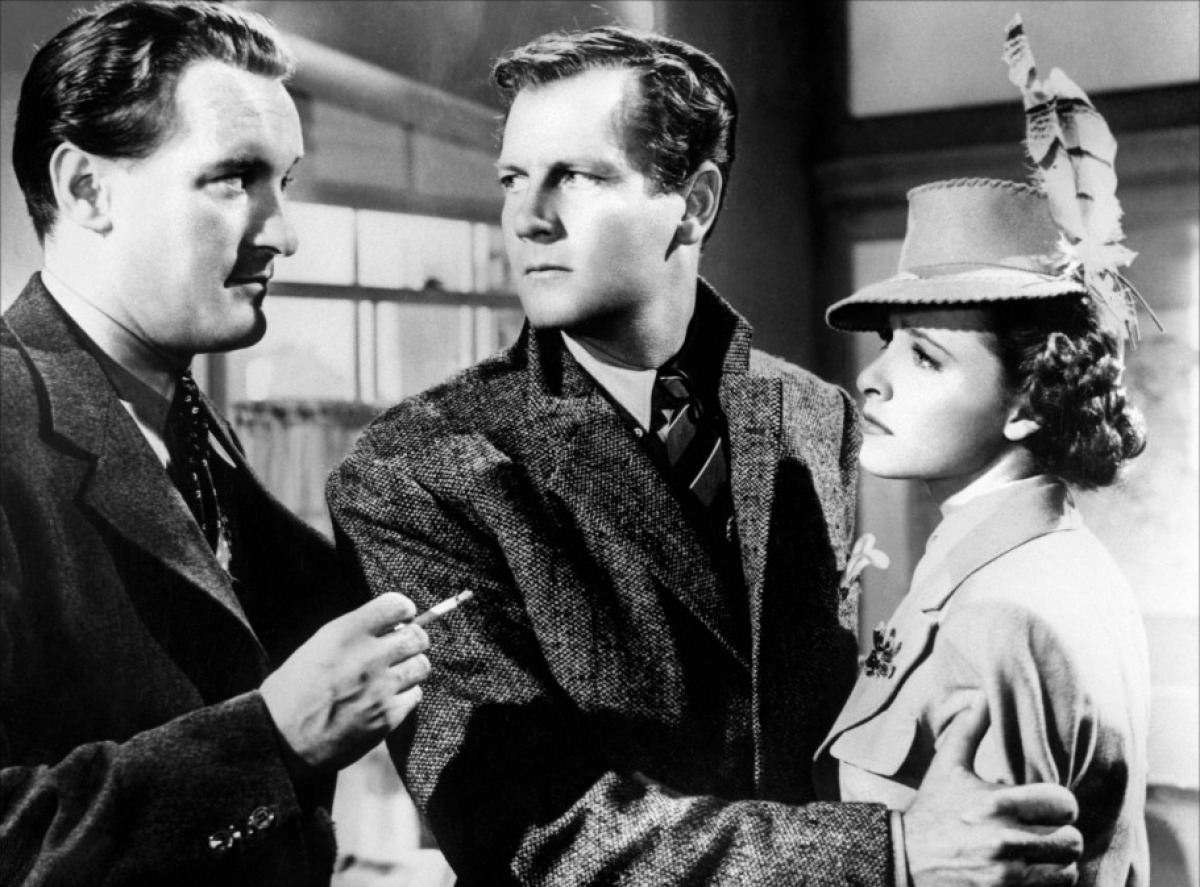
Next to Lifeboat, this is one of the few times Hitch seems to take a stand on political issues of the time. Joel McCrea is an American journalist who’s looking for a story before the world war kicks off and stumbles upon a plot of murder and enemy agents, who are unfortunately tied with a woman he’s just fallen for.
The story does get needlessly convoluted at times, but what you’ll take away here are some magnificent set pieces including a chase through a windmill and a spectacular airplane crash in the Atlantic. Hitch used lots of special effects trickery at the time to give the illusion of a set crashing into the sea, that’s still impressive to watch today.
8. Lifeboat (1944)
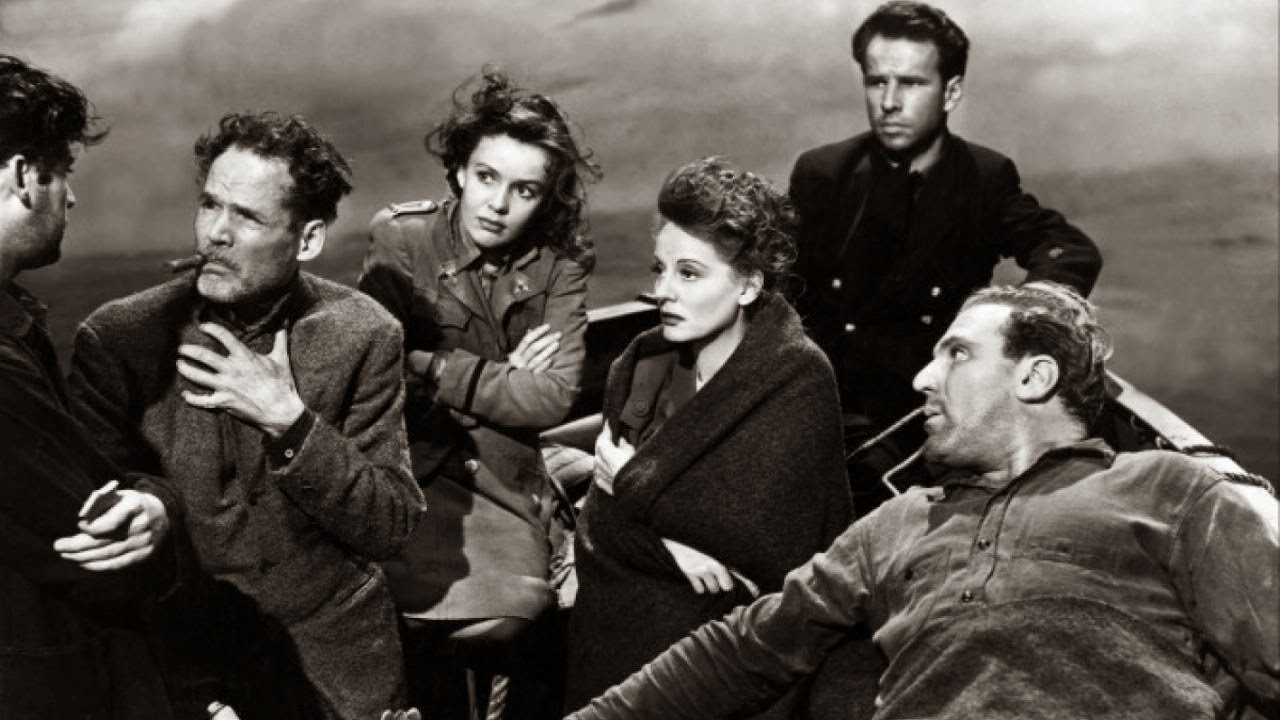
Never has a small boat felt so big and been filled with so much drama. In a touch reminisant of 12 Angry men or Rope, the gimmick here is that the entire film takes place in a lifeboat, with various survivors of a ship sunken by a German missile. You have the rich, the poor, the selfless, and one of the German bombers, all going through a contained story of life and death.
Hitch slacks off on the humor here, more interested in how each character plays off another and what secrets some of them may be hiding. The end result is a little disappointing, and Tallulah Bankhead can be a bit too much of a personality for some tastes, but there’s enough turns to keep anyone intrigued.
7. The Lady Vanishes (1938)
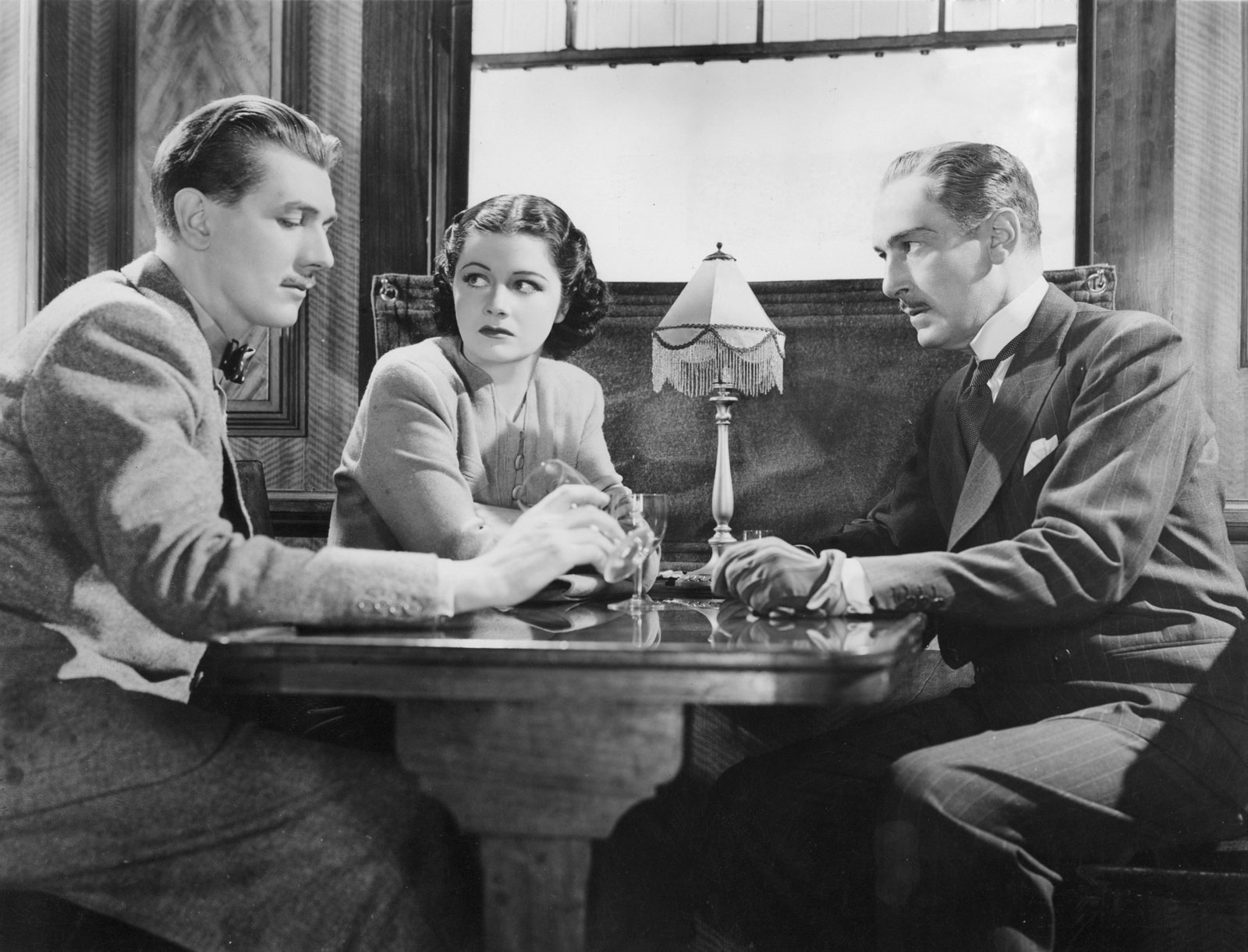
Almost taking a note out from Frank Capra comedies, this film still relies on espionage, though a missing person on a train story is really the most interesting aspect. Not only has a little old lady vanished on board a train, only one woman seems to remember even being there. By this time, we’ve already been introduced to enough interesting characters, when Margaret Lockwood starts to look for clues; the audience is already in full Sherlock mode.
The best thing about Lady Vanishes isn’t the mystery at all, but how much fun and light it is. When a romance begins to bloom between Lockwood and Michael Redgrave, you’ll find yourself pleasantly surprised by where you’ve found yourself. Hitch loved trains and from this film is looks like he was having an enormous amount of fun playing around with its possibilities.
6. The Man Who Knew Too Much (1934)
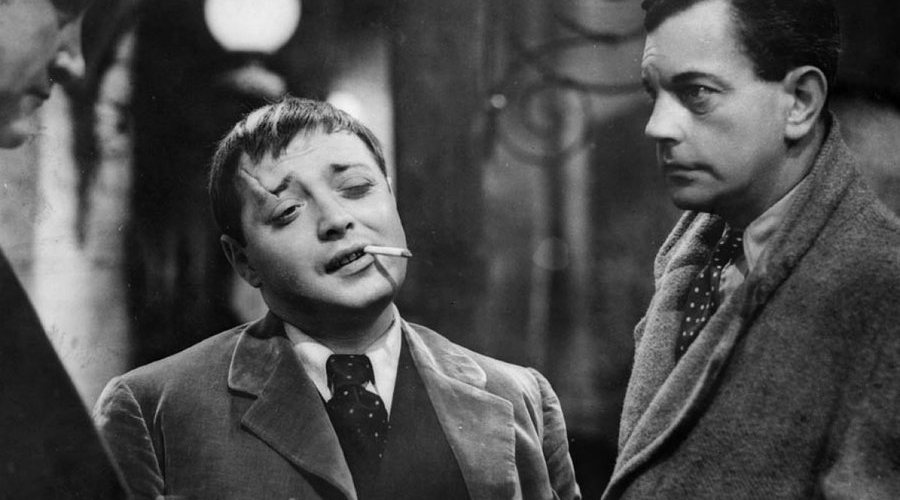
Not many directors get the chance to remake their own film. In many ways, Hitch made the “wrongfully accused” set up many times over, but this tight story has enough twists and turns along the way. A couple vacationing in Switzarland are thrown into a deadly plot when their daughter is kidnapped by terrorists who are planning an assassination. Best part of all is the main conspirator is played by Peter Lorre, in one of his first English speaking roles.
Hitch would agree with most that the remake with James Stewart is far superior. But The 34 version is a much tighter script that never feels like a cheaper version. Hitch was plenty the master of story by the time he made this film the first time. It also has a more thrilling climax, complete with a shoot out with the English police of all people.